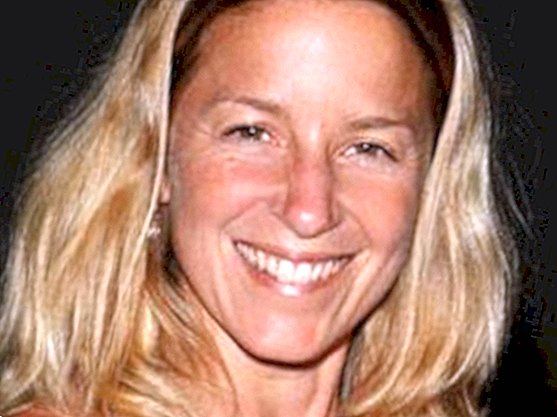Anna Cummins: For a world without plastic


Anna Cummins, 39, is an ecologist living in California with her family
© Cindy Ord / Getty ImagesThere is a moment that changed the life of Anna Cummins. It was eleven years ago, on a research trip in the Pacific. Cummins, an ecology student at the time, was traveling with a team of scientists when her boat suddenly stopped moving forward. She went to the deck, looked over the railing, and saw no water to the horizon. The entire surface of the ocean was covered with a silty mass of plastic bottles, bags, and toys.
Cummin's goal since then is to research and warn against one of the biggest environmental problems of our time, the plastic pollution of the oceans. The adventurous hobby sailor launched several spectacular awareness campaigns. So she sailed through the garbage with a crew of scientists from California to Hawaii. She took water samples, examined fish for pollutants, and fished dead seabirds out of the water that had been smothered with plastic. The stages of the sailing trip she posted on the Internet.
Their contributions attracted attention, but official bodies downplayed the problem. Cummins went on relentlessly. It is now known that ten percent of our total plastic waste ends up in the sea and that there are five huge garbage fields in the oceans, some of them as big as Denmark. The fact that Unesco has been dealing with the topic since this year has only become possible through the basic work of women like Cummins.
The now 39-year-old, raised in Los Angeles, participated as a teenager in beach clean-up actions. "At that time, I did not think I would dedicate years of my life to sculpture," says Cummins. On her second expedition, she met her husband, the scientist Marcus Eriksen. In the middle of the garbage carpet, he made a ring out of a piece of plastic and made her an application.
Since then, they have been living and working together, setting up their own institute, "5 Gyres", named after the five large garbage fields. They carry out expeditions and events and negotiate with companies like Procter & Gamble about packaging solutions without plastic.
Last year, the researcher became a mother. During pregnancy, she had her blood tested for plastic pollutants because she was at risk because of her work. In fact, a value was increased, so at first it was unclear whether she would be able to breastfeed her daughter at all. "I want women to not have such doubts," says Anna Cummins. And thinks that it is worth the effort to fish plastic from the sea.










